 |
| Ambassador Hoang Anh Tuan (then Director of the Institute for Strategic Studies, Diplomatic Academy) and Mr. Ajit Doval signed the MOU in Vivekananda, New Delhi, India, witnessed by Ambassador Pham Quang Vinh (then Deputy Minister of Foreign Affairs) on April 16, 2014. (Photo: NVCC) |
Not an ordinary name
I did not intend to write, but today, when I watched the international news about the mysterious visit to Russia of Mr. Ajit Doval - National Security Advisor to Indian Prime Minister Narendra Modi and former Director of the National Intelligence Agency of India, who met with Russian President Vladimir Putin in Moscow to promote the Strategic Partnership between India and Russia in the context of both being under sanctions from the US, I suddenly remembered another dramatic meeting I had with Mr. Doval himself 11 years ago, in New Delhi. I still remember that memory clearly.
Ajit Doval is not an ordinary name. He is a leading intelligence and security strategist, known as the “James Bond of India”. Before taking up his current position, Ajit Doval was the Director of the National Intelligence Service of India and the Chairman of the Vivekananda International Foundation – an influential strategic research institute in New Delhi.
Since June 2014, he has been the fifth National Security Advisor with the longest tenure in modern Indian history. In March 2014, in my capacity as Director of the Institute of Strategic Studies, Diplomatic Academy, I made a working trip to India to attend the India-ASEAN Seminar in New Delhi.
I wanted to take this opportunity to have in-depth discussions on regional issues and promote academic cooperation with leading Indian universities and strategic research institutes. I shared the plan with the then Vietnamese Ambassador to India, Mr. Nguyen Thanh Tan. Mr. Tan was very supportive and quickly connected with the appropriate contacts.
One of the special places that Ambassador Tan proposed was the Vivekananda International Foundation (VIF) – a relatively new organization at that time, operating very secretly, with almost no international exchanges, and only the local ambassador knew their true position in the Indian power structure.
Ambassador Tan informed me that the leader Vivekananda had agreed to receive and discuss with me, but there was no further information about the reception or the content of the meeting. I also thought that this was a normal meeting like many times working with research institutes, there was nothing special to prepare.
 |
| Ambassador Hoang Anh Tuan and Mr. Ajit Doval exchanged at the MOU signing ceremony. (Photo: NVCC) |
Surprise and the right "goal" at the right time
That day, the Embassy arranged for me to have an officer who also drove with me. And then, the surprise began from the moment I entered the Vivekananda headquarters. Due to traffic jams in New Delhi, I arrived close to the appointment time. But as soon as I entered the gate, I was stunned. The Vivekananda headquarters was located in a magnificent castle, the interior was as splendid as an ancient palace. Going deeper inside, I was even more surprised: 14 tall, bearded, elegantly dressed figures like real gentlemen in William Dalrymple's last Royal Palace were standing in two rows to... welcome me.
Those people are none other than former Indian ambassadors to China, Russia, England, Pakistan, Japan, and several high-ranking generals such as former Navy Admirals, former Indian Army Intelligence Chiefs... They are the elite who once held key strategic positions in this country of 1.4 billion people and can return to hold high positions in the apparatus at any time.
The atmosphere was solemn, so solemn that it was a little chilling. In the middle of the meeting room was a large screen, clearly showing my name and the title of my presentation: “The shift in power among major powers, its impact on Southeast Asia and policy recommendations for ASEAN and India.”
I was almost frozen! Without any prior notice or preparation of the content, before me was a "supreme strategic council" of high-ranking figures who had represented India in the most sensitive places in the world .
The officer who accompanied me was also completely passive, so I couldn’t rely on him. However, on the outside I kept calm as if everything was already in the “script”. I smiled, shook hands with each person, chatted, and “buy time” to organize the ideas in my head.
At the same time, I quickly outlined the speech in my head, reassuring myself: This was an opportunity to “score a goal” without prior notice. After a few minutes of socializing, I sat down and opened a notebook filled with Vietnamese words – actually to take notes on other tasks.
The presentation lasted 30 minutes, completely non-stop, but while speaking I occasionally glanced at it to give you the impression that it was very carefully prepared. The speech started from the global context, analyzed the shifting balance of power between the great powers, then led to the role of ASEAN and the strategic opportunity between Vietnam and India.
Next was a question and answer session that lasted nearly an hour with many difficult questions from former ambassadors, generals and senior scholars of India. The confident speaking style and mastery of the issues left a positive impression on the participants. Perhaps at that moment, they realized that the person in front of them was not just a guest coming to pay a normal greeting.
At the end of the meeting, Mr. Ajit Doval, President of Vivekananda at that time, invited me to the next room to wait for about 15 minutes for internal consultation. And then, Mr. Ajit Doval returned with a frank, good-willed and also very surprising announcement: "Vivekananda wishes to sign a memorandum of understanding (MOU) for strategic research cooperation with your Institute. We want to implement the signing and implementation of the MOU as soon as possible."
I was quite surprised, but also quickly sensed that an important opportunity was coming, thanked them, and at the same time made it clear that I needed to report and ask for the opinion of the leaders of the Vietnamese Ministry of Foreign Affairs. When I returned to the Embassy, I immediately informed Ambassador Tan. He could not hide his emotion and… “held a party” that evening – in fact, an intimate family meal to celebrate the unexpected result.
After that, Ambassador Tan and the relevant units coordinated with me to submit to the Ministry of Foreign Affairs. And exactly one month later, on April 16, 2014, Mr. Ajit Doval and I officially signed the MOU in Vivekananda, New Delhi, witnessed by Ambassador Pham Quang Vinh (then Deputy Minister of Foreign Affairs) and Ambassador Nguyen Thanh Tan. I was then part of the bilateral political consultation delegation led by Deputy Minister Pham Quang Vinh.
This is probably one of the most memorable diplomatic experiences. That event taught me that in any situation – even when there is no warning, one must remain confident, calm and know how to ‘score’ at the right time. About two months after the signing, Mr. Ajit Doval left his position as President of Vivekananda to take up a new assignment: National Security Advisor to Prime Minister Modi – a position he holds to this day.
Source: https://baoquocte.vn/cuoc-gap-bat-ngo-giua-james-bond-and-do-va-nha-nghien-cuu-chien-luoc-den-tu-viet-nam-323803.html




![[Photo] Prime Minister Pham Minh Chinh chairs the meeting of the Government Party Committee Standing Committee](https://vphoto.vietnam.vn/thumb/1200x675/vietnam/resource/IMAGE/2025/8/23/8e94aa3d26424d1ab1528c3e4bbacc45)



![[Photo] General Secretary To Lam attends the 80th Anniversary of the Cultural Sector's Traditional Day](https://vphoto.vietnam.vn/thumb/1200x675/vietnam/resource/IMAGE/2025/8/23/7a88e6b58502490aa153adf8f0eec2b2)


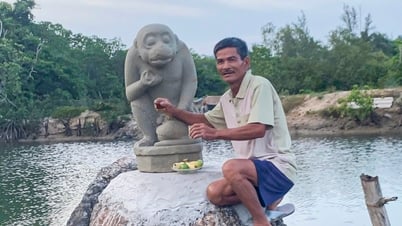

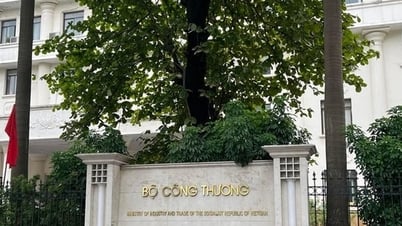

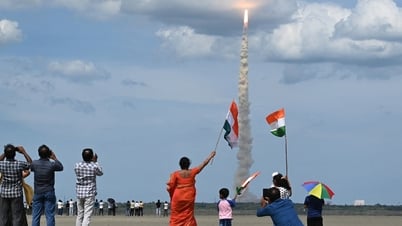

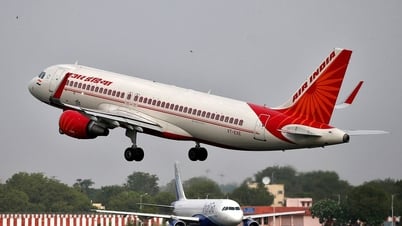
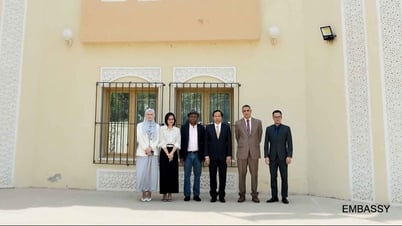
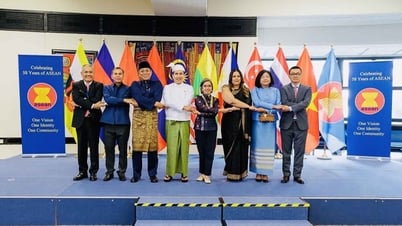
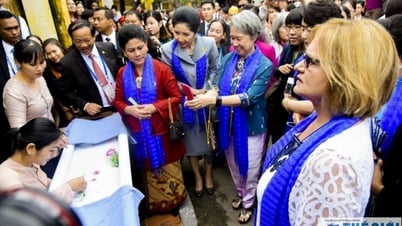
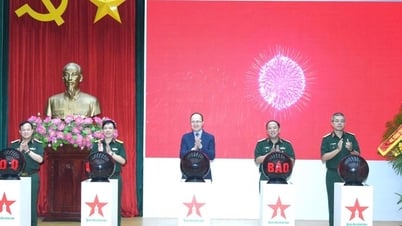

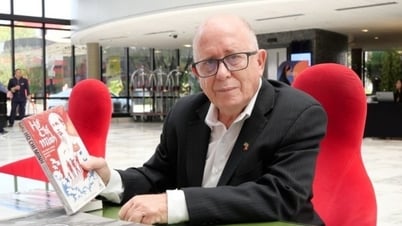

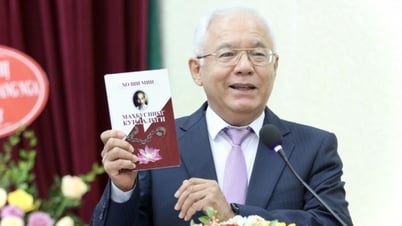




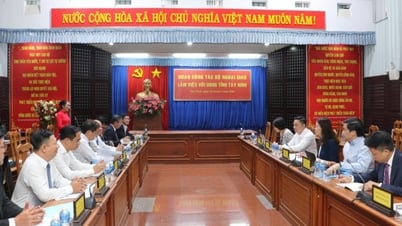


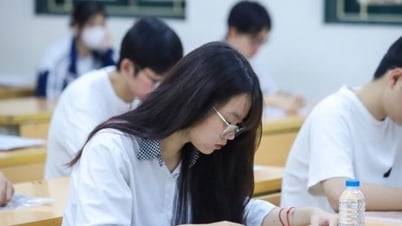
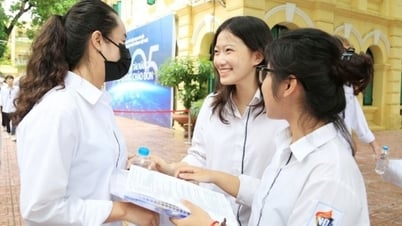
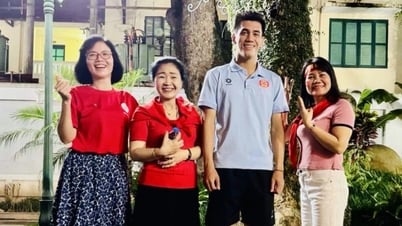











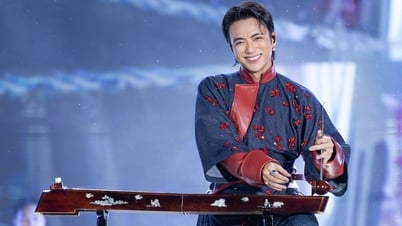

























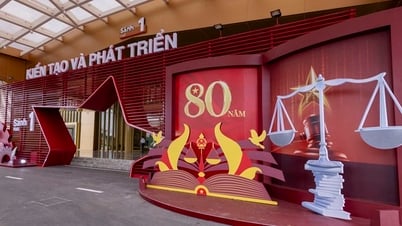




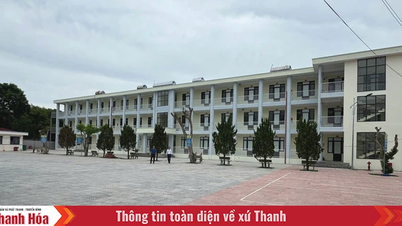

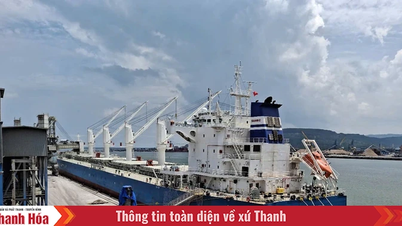
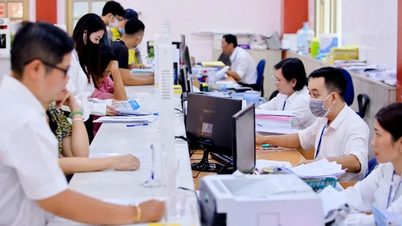

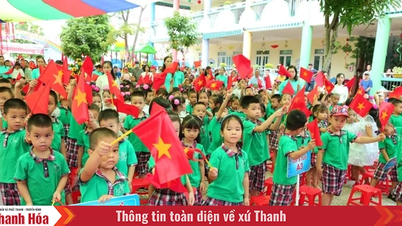
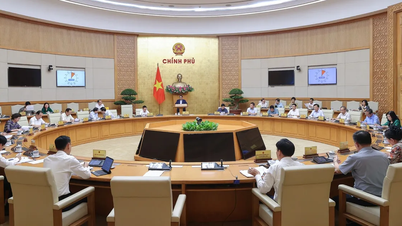

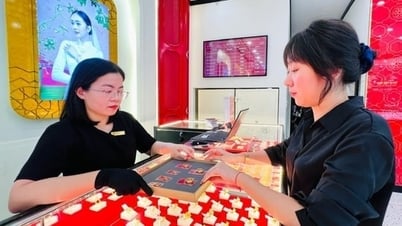












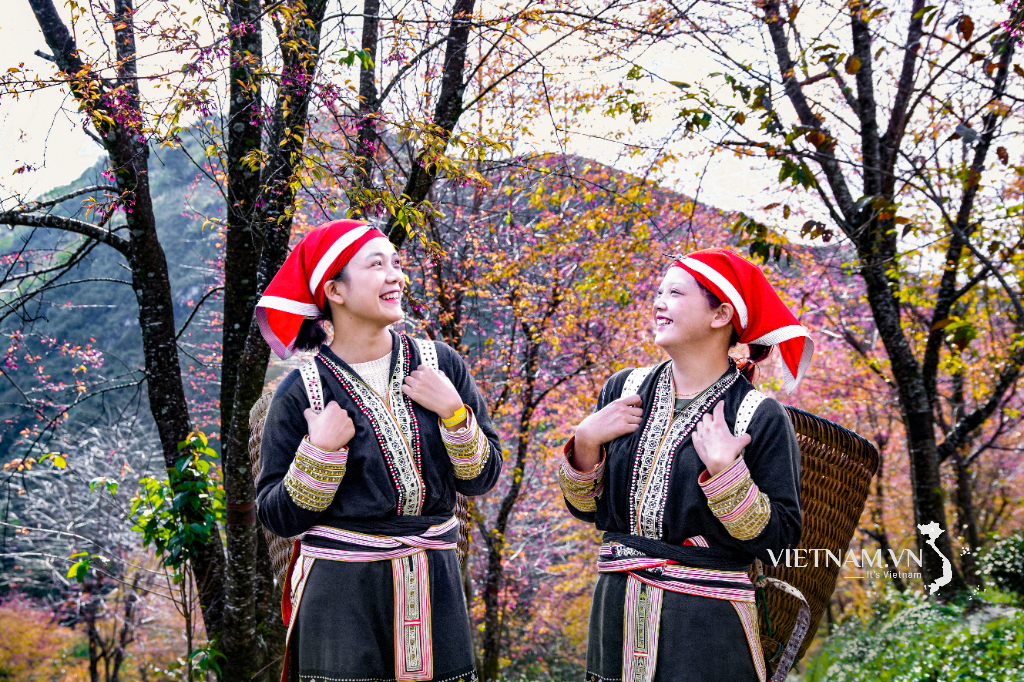

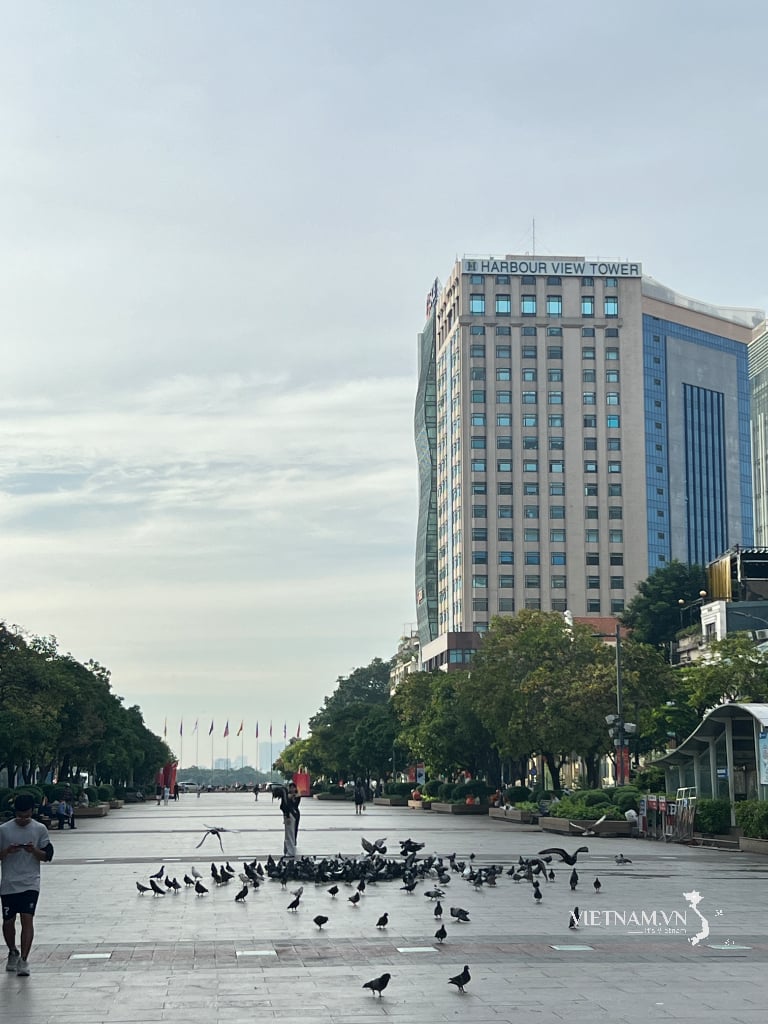
Comment (0)